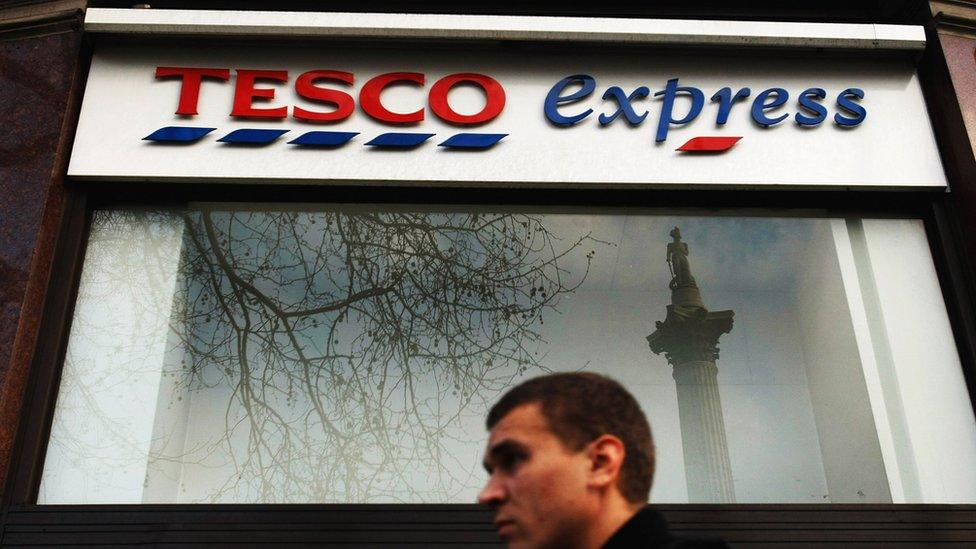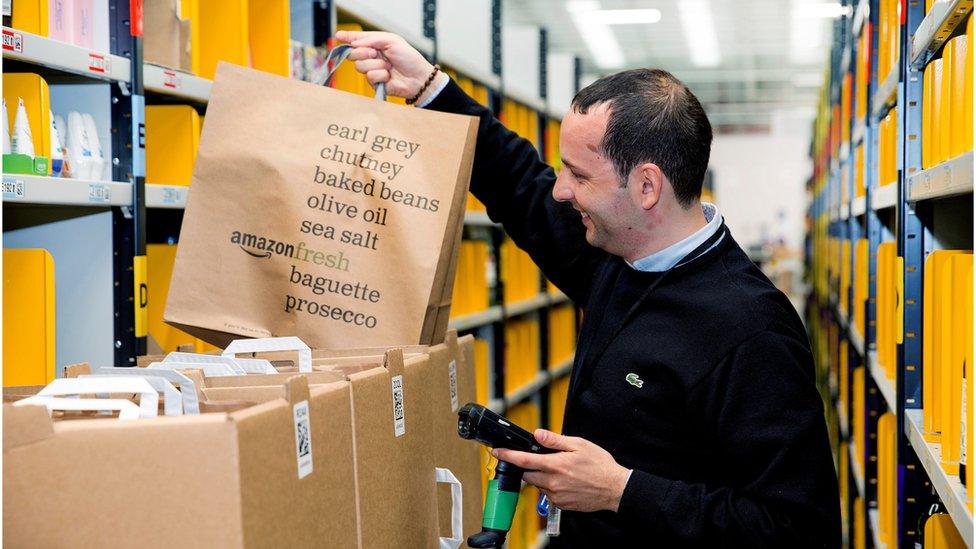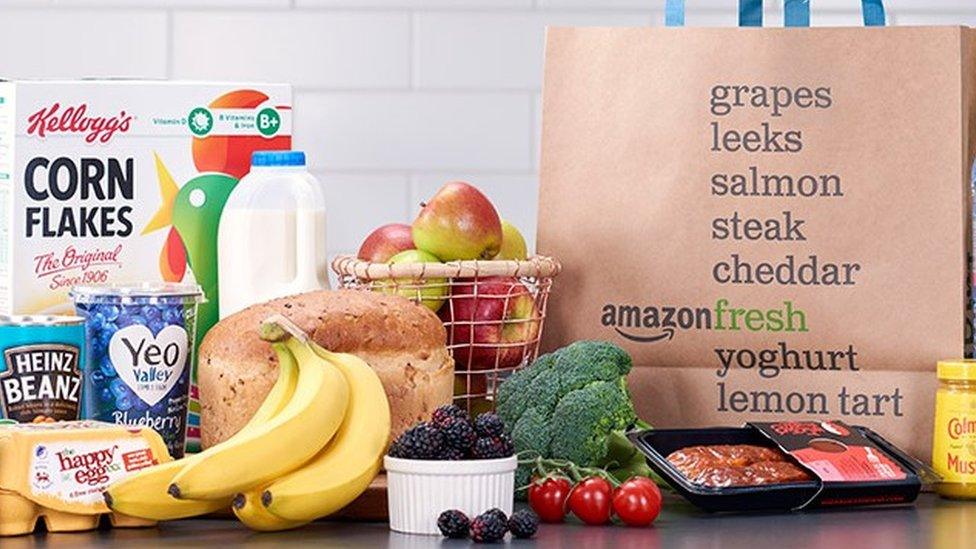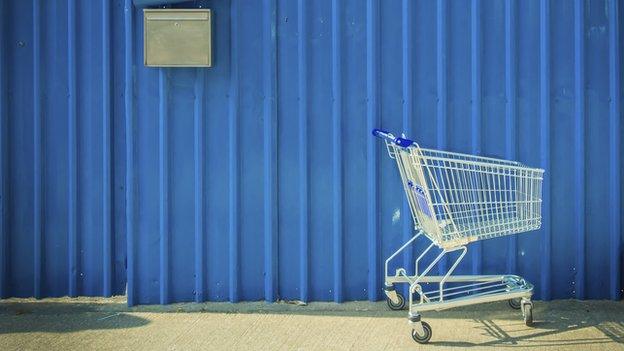Convenience store openings up by 20%
- Published

The total number of convenience stores in the UK rose by more than a fifth in the five years to the end of 2015 as fewer people do big weekly shops.
There were 16,426 convenience stores at the end of last year, a rise of 21%, according to figures from the Local Data Company (LDC).
The fastest rate of openings was among the "big four" supermarkets.
However, the LDC said growth in the sector may have peaked, with just 300 new stores opening in the last year.
That compares to 1,000 new stores in 2012.
In each of the years from 2011 to 2015, Sainsbury's, Tesco, Morrison's and Asda opened convenience stores at a far faster rate than they did larger store formats.
Morrison's sold its M Local chain last year.
However, the research concluded that the convenience market has become saturated in many areas, with more stores than shoppers needed. It showed that 228 towns saw a decline in the number of such stores last year.
Meanwhile, convenience stores trading under the umbrella of a symbol group have come under pressure.
Symbol groups, such as Londis and Mace, are alliances that allow small retailers to improve their buying power and increase spending on marketing.
Catalyst
There has been consolidation among these types of retailers as well as store sales and closures.
Londis and Mace saw a reduction in their number of stores as they faced growing competition from the likes of Aldi and Lidl.
Independent convenience stores have proved more resilient, even when discount rivals have opened up, often because they can rely on loyal local shoppers.
"The way people shop has changed which has impacted the large superstores sales, which has been further impacted by convenience formats of the same supermarkets alongside the discounters and the symbol groups," said Matthew Hopkinson, director at the Local Data Company.
The sector is likely to see further changes in the future, he added.
"Last week's announcement of the launch of Amazon's new grocery service will be an interesting one to watch as it has the potential to compete with not just the supermarkets, but the discounters and the convenience stores."
Mr Hopkinson pointed out that online sales had not yet shaken up food shopping in the same way as in some other sectors.
However, he added: "Perhaps Amazon will be the catalyst to change this and if it does then we will see some retailers under significant pressures over the next five years."
- Published9 June 2016

- Published9 June 2016

- Published5 October 2014
